On September 24, the "Comoros New WTO Member Capacity Building Training Program," hosted by China's Ministry of Commerce and implemented by Wuhan Textile University, officially concluded at Zhiyuan Times Hall in Jianquan Building on the Sunshine Campus. A total of 27 participants from key government institutions in Comoros—including the Ministry of Economy and Finance, the Ministry of Industry, and the Ministry of Trade—successfully completed the 21-day intensive training program. Senior representatives from the University’s Office of International Affairs and the Foreign Aid Project Management Center attended the closing ceremony.
Strengthening Bilateral Cooperation for Enhanced Trade Capacity Development
Ms. Yi Hui, Vice Dean of the International Education College at Wuhan Textile University, delivered opening remarks at the ceremony. She noted that 2024 marks the 50th anniversary of the establishment of diplomatic relations between China and Comoros, a milestone that underscores five decades of deepening cooperation and mutually beneficial outcomes across multiple sectors. She emphasized that the university remains firmly committed to supporting national foreign aid initiatives and expressed hope that this training program would serve as a platform to further strengthen bilateral collaboration in trade policy formulation, regional economic integration, and other strategic areas, thereby advancing China-Comoros economic and trade relations to a higher level.
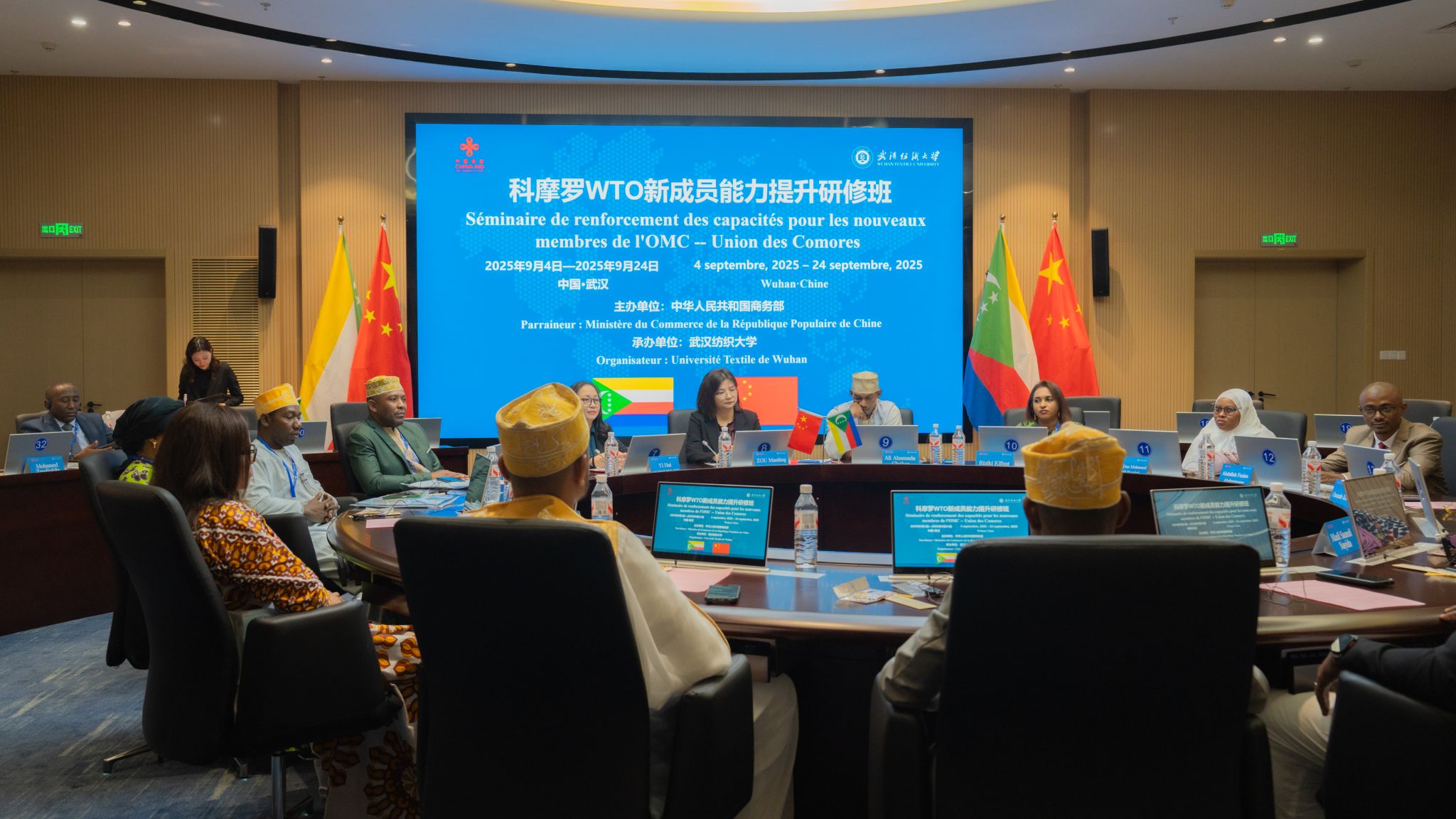
Representing the participants, Mr. Ali Ahamada Chaher, Director of the Industrial Department under the Ministry of Industry; Ms. Riziki Kifnat, Secretary at the Ministry of Finance; and Mr. Halidi Raounaki, Director of the Trade Department, delivered speeches expressing their appreciation for the meticulous organization and professional delivery of the program by China’s Ministry of Commerce and Wuhan Textile University. They highlighted that the curriculum enabled them to gain systematic knowledge of core WTO principles and practical case studies, while also providing valuable insights into China’s model of high-level openness and its achievements in economic development. They affirmed their commitment to applying the knowledge and experiences acquired during the program to inform and enhance policymaking processes within Comoros’ domestic trade and economic framework.
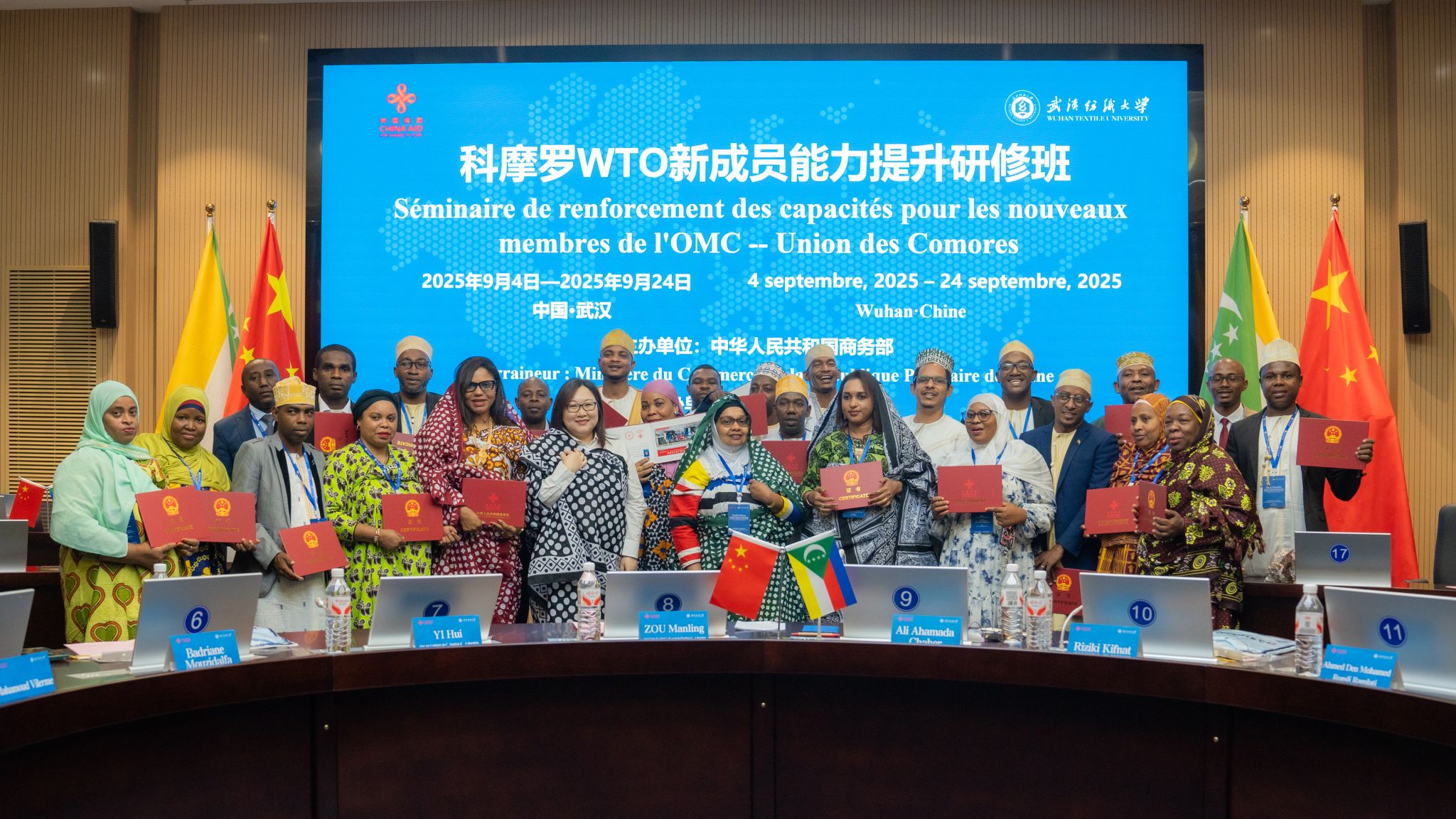
In her concluding remarks, Dr. Zou Manling, Deputy Director of the Office of International Affairs and Deputy Director of the Foreign Aid Project Management Center at Wuhan Textile University, commended the trainees for their active engagement and substantial academic progress throughout the program. She stated that the training had effectively fostered mutual understanding between the two nations, provided critical intellectual support for Comoros’ effective participation in the multilateral trading system, and laid a solid foundation for future collaboration in broader domains of economic and technical cooperation.
Focus on WTO Rules and Enhancement of Practical Competencies
The training program was strategically designed to align with the core principles of the multilateral trading system and to address the specific developmental needs of Comoros as a newly acceded World Trade Organization member. It delivered in-depth instruction on key thematic areas, including trade policy reviews, market access negotiations, and trade facilitation mechanisms. To ensure practical relevance, the curriculum engaged multiple subject-matter experts and scholars from both Wuhan Textile University and external institutions, all of whom possess substantial professional experience in international trade. Through a combination of global case studies and insights into China’s role in global economic governance, the program significantly strengthened participants’ analytical capabilities and practical skills in trade policy formulation and negotiation practices.
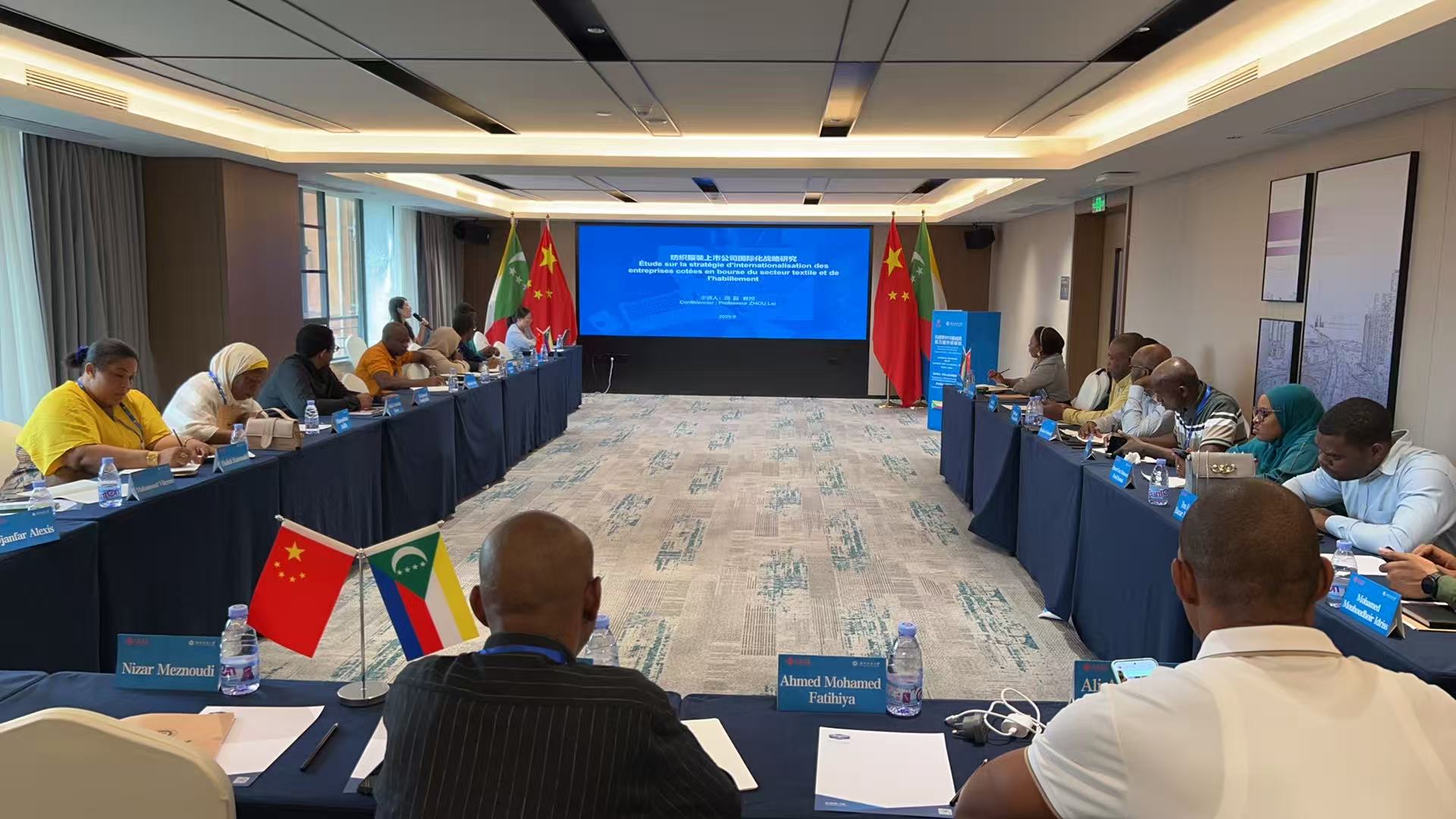
Visits to Open Economic Platforms: Gaining Insights into Real-World Trade Practices
To reinforce theoretical knowledge with real-world applications, the Foreign Aid Project Management Center organized field study visits to Shanghai and Yichang. Participants toured major platforms and enterprises central to China’s open economy, including the Hongqiao Import Commodities Exhibition and Trading Center, Angel Yeast Co., Ltd., Limin Pipe Industry Technology Co., Ltd., and designated pilot free trade zones. These site visits enabled trainees to gain systematic understanding of China’s innovative approaches and proven practices in customs clearance efficiency, cross-border e-commerce, and the internationalization of industrial supply chains, thereby bridging the gap between policy frameworks and operational implementation.
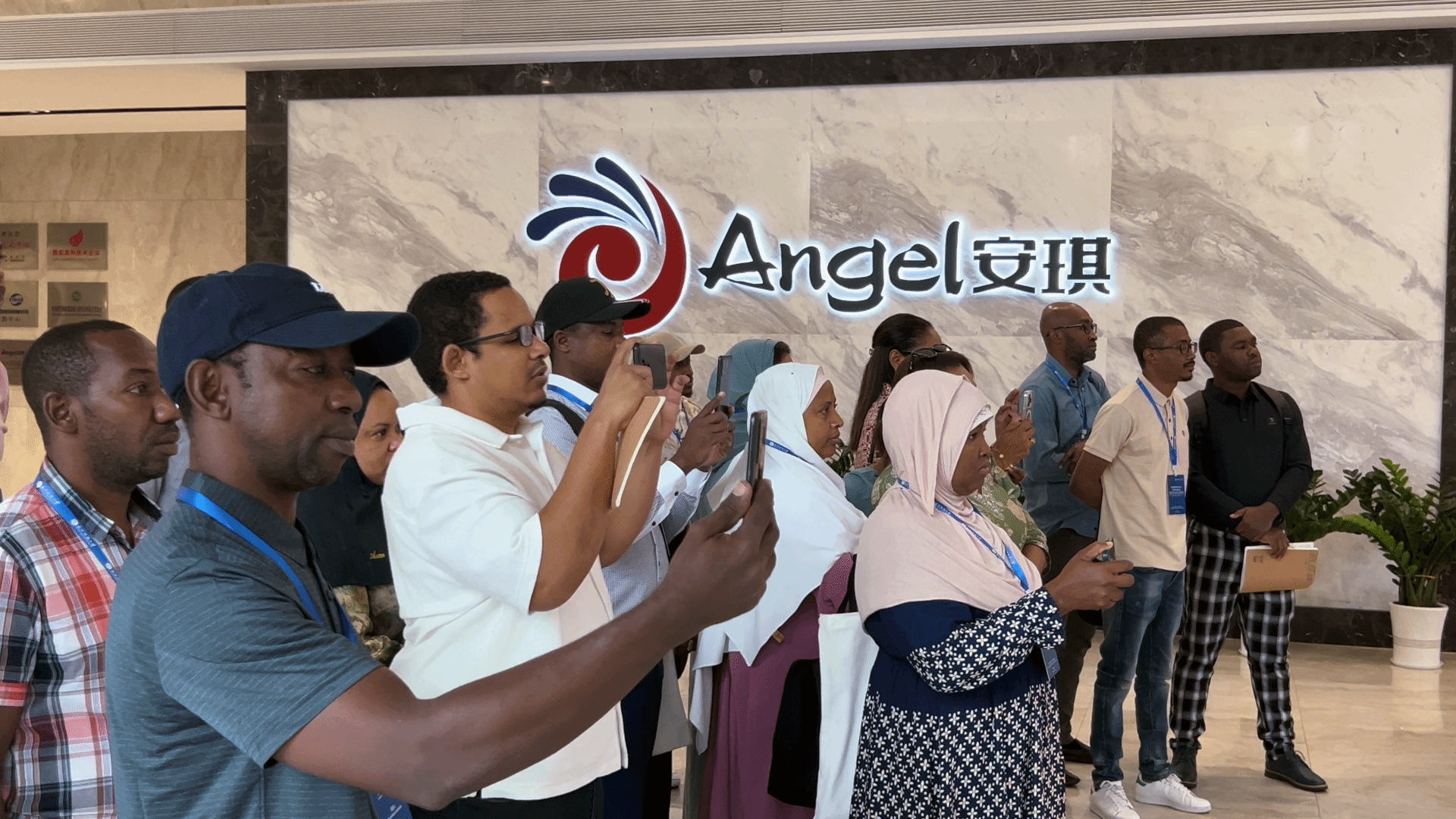
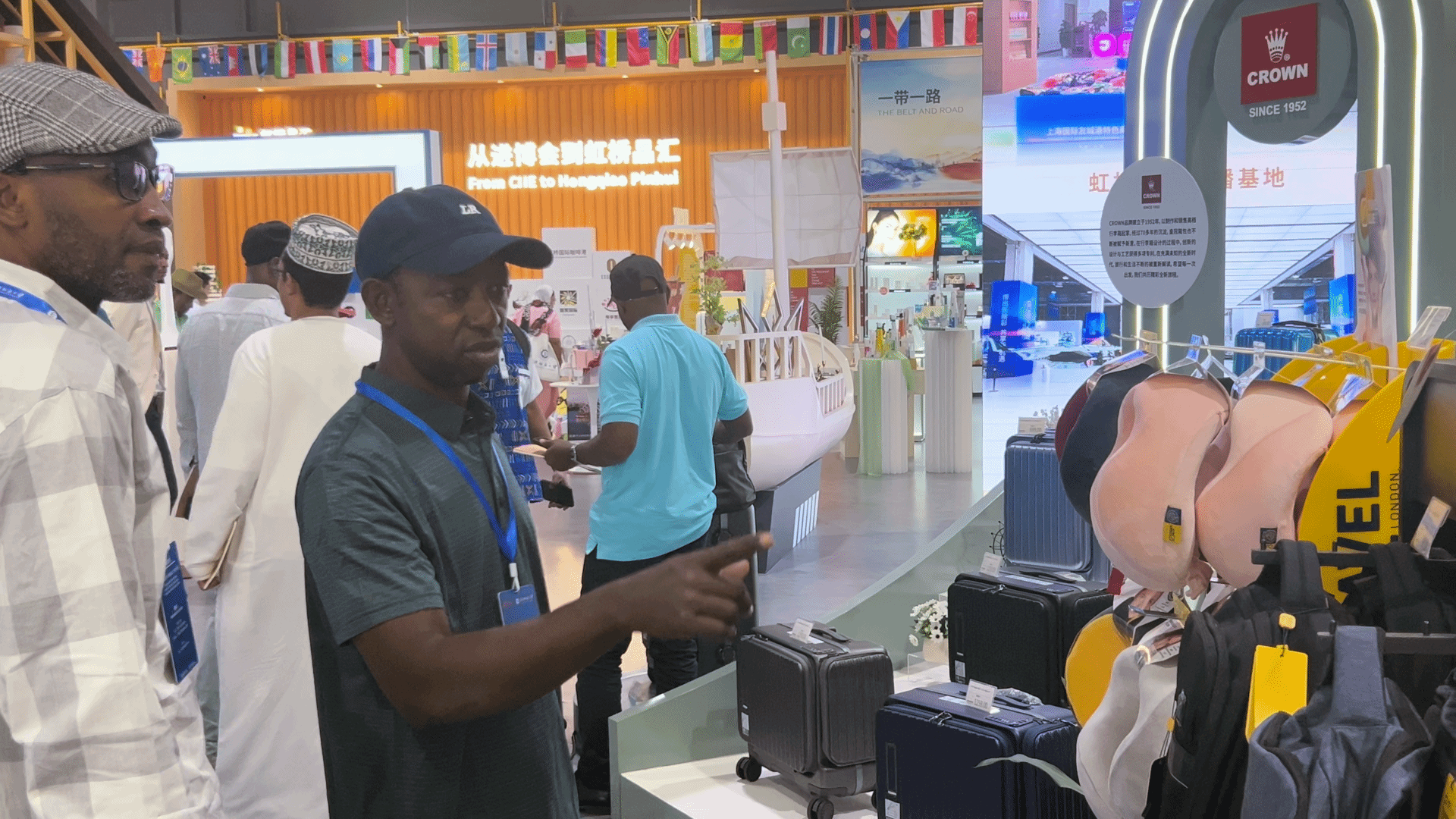
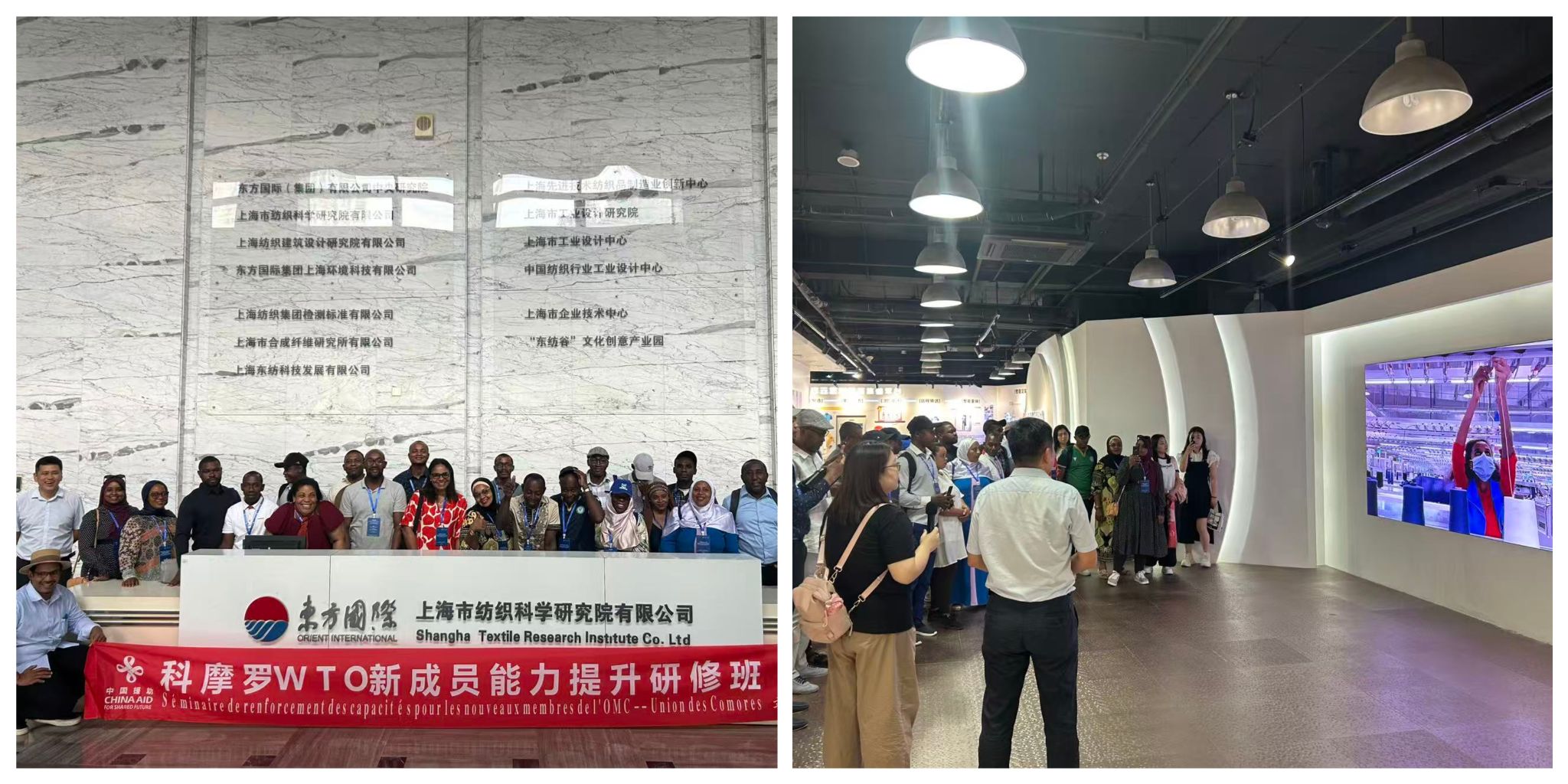
Inspect Alibaba Gong Dao Technology Company and facilitate cooperation on overseas warehouses
During the visit to Alibaba Gong Dao, trainees gained comprehensive insights into the innovative practices of Chinese enterprises in key digital economy sectors, including cloud computing, big data analytics, and cross-border e-commerce. Mr. Nizar Meznoudi, Coordinator for Economic Reforms at the Ministry of Economy of Comoros, signed a cooperation agreement with Alibaba Gong Dao on the development of an overseas warehouse system in Comoros. This collaboration will leverage Alibaba’s extensive expertise in cross-border e-commerce to provide technical assistance and strategic guidance for establishing a modern, efficient logistics infrastructure, enabling Comoros’ distinctive products to access international markets more effectively.
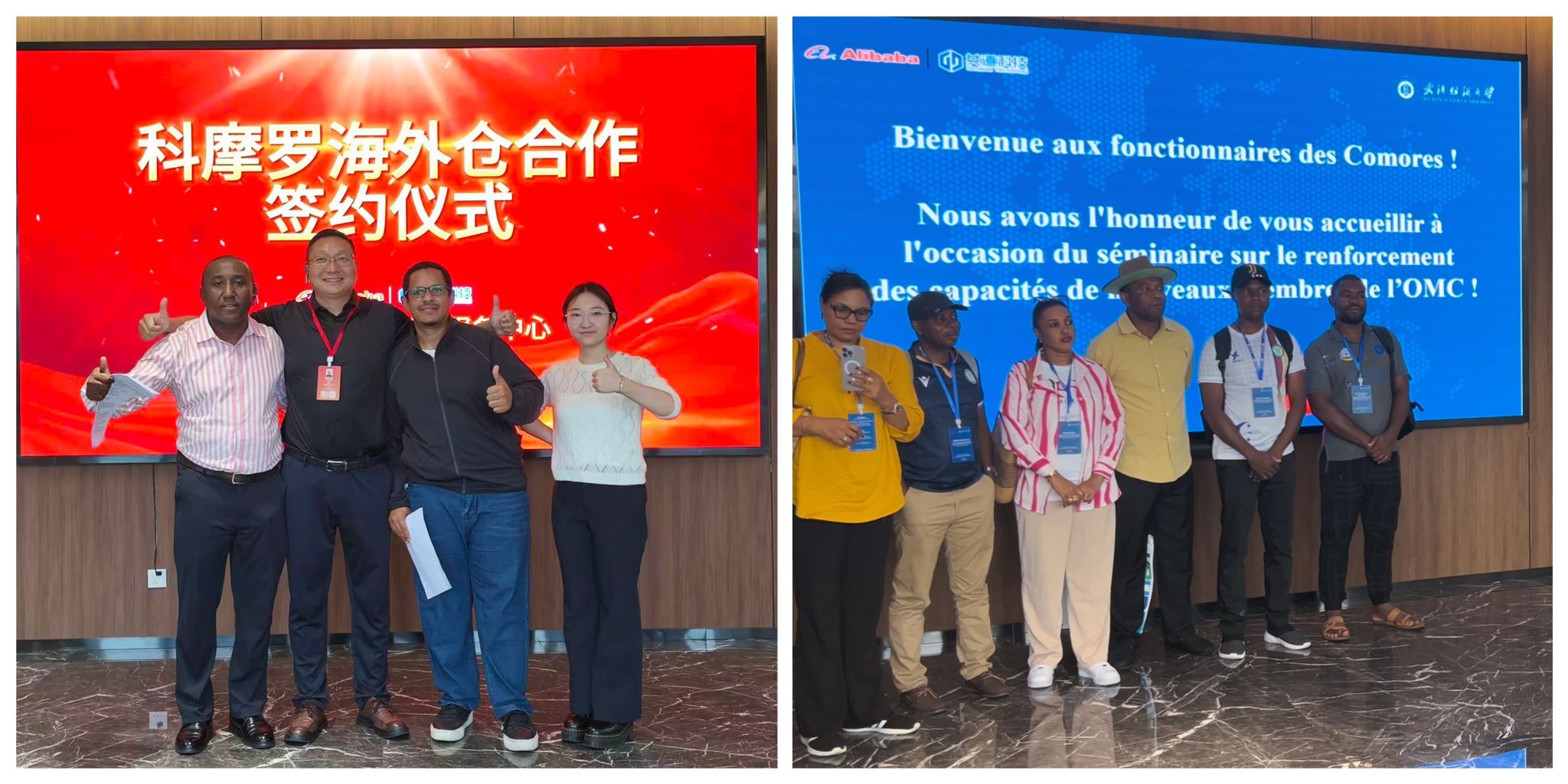
The Seminar not only significantly strengthened the capacity of Comorian participants to engage in the multilateral trading system but also established a vital platform for sustained dialogue and bilateral cooperation in economic and trade affairs between China and Comoros. Wuhan Textile University will continue to serve as a strategic bridge through foreign aid training initiatives, contributing to the advancement of practical cooperation and the deepening of friendly relations between the two nations.
